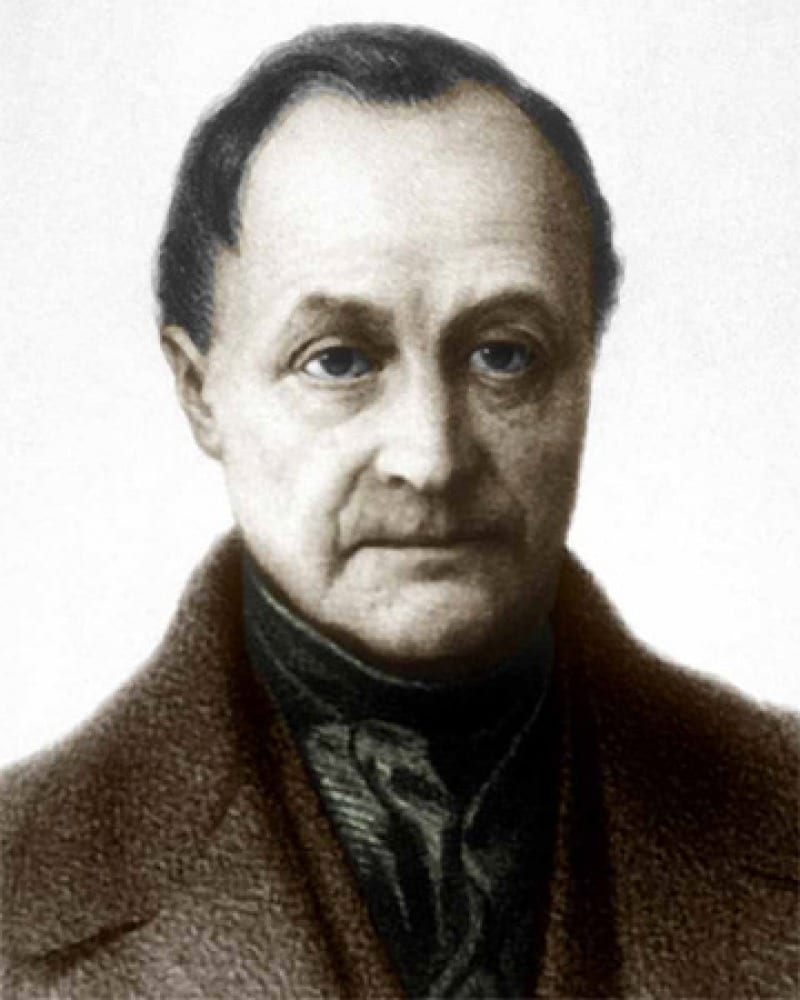10. From this it is manifest that the eternal law of God is the sole standard and rule of human liberty, not only in each individual man, but also in the community and civil society which men constitute when united. Therefore, the true liberty of human society does not consist in every man doing what he pleases [how many people understand this?], for this would simply end in turmoil and confusion, and bring on the overthrow of the State; but rather in this, that through the injunctions of the civil law all may more easily conform to the prescriptions of the eternal law. Likewise, the liberty of those who are in authority does not consist in the power to lay unreasonable and capricious commands upon their subjects, which would equally be criminal and would lead to the ruin of the commonwealth; but the binding force of human laws is in this, that they are to be regarded as applications of the eternal law, and incapable of sanctioning anything which is not contained in the eternal law, as in the principle of all law. Thus, St. Augustine most wisely says: “I think that you can see, at the same time, that there is nothing just and lawful in that temporal law, unless what men have gathered from this eternal law.”(5) If, then, by anyone in authority, something be sanctioned out of conformity with the principles of right reason, and consequently hurtful to the commonwealth, such an enactment can have no binding force of law, as being no rule of justice, but certain to lead men away from that good which is the very end of civil society.
can not be the case is if justice is grounded in something objective outside of the individual person—grounded in the natural law and in God.
11. Therefore, the nature of human liberty, however it be considered, whether in individuals or in society, whether in those who command or in those who obey, supposes the necessity of obedience to some supreme and eternal law, which is no other than the authority of God, commanding good and forbidding evil. [This itself doesn’t require explaining.] And, so far from this most just authority of God over men diminishing, or even destroying their liberty, it protects and perfects it, for the real perfection of all creatures is found in the prosecution and attainment of their respective ends; but the supreme end to which human liberty must aspire is God.
12. These precepts of the truest and highest teaching, made known to us by the light of reason itself, the Church, instructed by the example and doctrine of her divine Author, has ever propagated and asserted; for she has ever made them the measure of her office and of her teaching to the Christian nations. As to morals, the laws of the Gospel not only immeasurably surpass the wisdom of the heathen, but are an invitation and an introduction to a state of holiness unknown to the ancients; and, bringing man nearer to God, they make him at once the possessor of a more perfect liberty. Thus, the powerful influence of the Church has ever been manifested in the custody and protection of the civil and political liberty of the people. The enumeration of its merits in this respect does not belong to our present purpose. It is sufficient to recall the fact that slavery, that old reproach of the heathen nations, was mainly abolished by the beneficent efforts of the Church. The impartiality of law and the true brotherhood of man were first asserted by Jesus Christ; and His apostles re-echoed His voice when they declared that in future there was to be neither Jew, nor Gentile, nor barbarian, nor Scythian, but all were brothers in Christ. So powerful, so conspicuous, in this respect is the influence of the Church that experience abundantly testifies how savage customs are no longer possible in any land where she has once set her foot [customs are different than actions…savage things will probably still happen]; but that gentleness speedily takes the place of cruelty, and the light of truth quickly dispels the darkness of barbarism. Nor has the Church been less lavish in the benefits she has conferred on civilized nations in every age, either by resisting the tyranny of the wicked, or by protecting the innocent and helpless from injury, or, finally, by using her influence in the support of any form of government which commended itself to the citizens at home, because of its justice, or was feared by their enemies without, because of its power.
I sense ensuing controversy. I think here we must remember that Pius XII speaks very bluntly and has no concern for political correctness as is his office demands. When he says things like the Church civilized savage peoples….well consider what was going on in South America before the Spaniards brought (often through unchristian means) the Church versus after.
I must admit that it appears that Pius XII does not wish to knowledge the evil things done in the name of the Church or Christianity. However, is an encyclical the place to do that? What is the proper place? Liberty, Religious Liberty and Liberty of Conscience are three separate concepts which will be addressed before the end of the encyclical.
